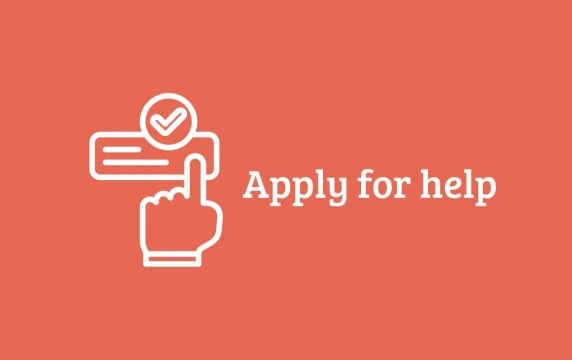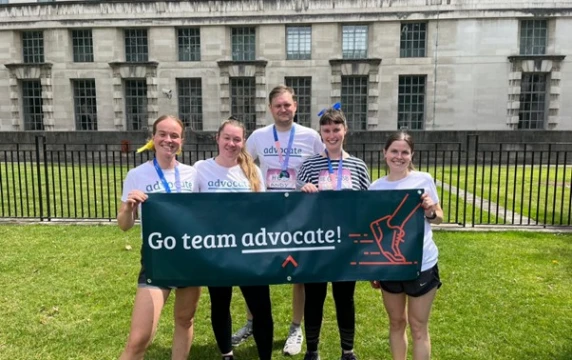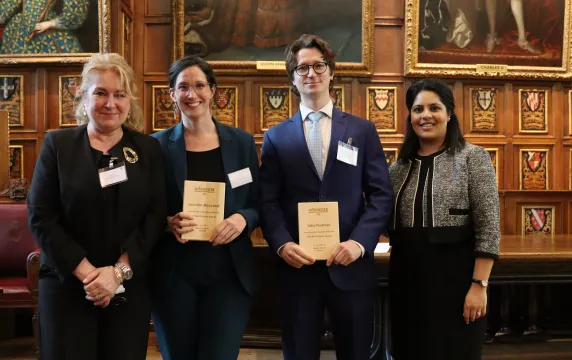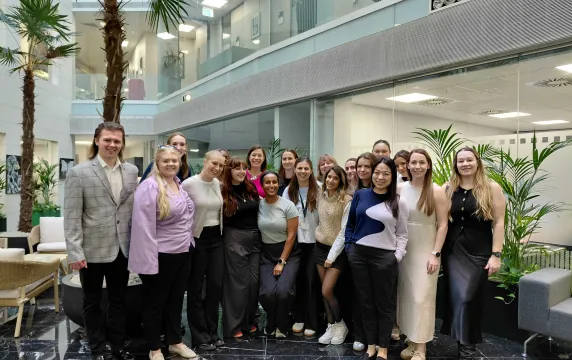"I found the process to be equally if not more important than the result: clients wanted to be heard and for their case to be put in the best light. Helping people to do this motivates me to provide pro bono assistance, and pro bono work now makes up a significant part of my practice".
Robin is a young barrister who undertook a remarkable 50+ hours of pro bono work in 2023, as recognised through the Pro Bono Pledge. Robin is also one of a small number of people who undertook both the Pupil Pledge and the Pro Bono Pledge. Below, Robin shares more about his experience taking on pro bono work in employment cases, one of Advocate’s busiest areas requiring assistance, sharing the advice he would give to other pupils and young barristers looking to do the same.
1. What motivated you to start taking on pro bono work?
After completing my law degree, I balanced working as a support worker with acquiring legal experience with charities, such as Bail for Immigration Detainees (“BID”) and Camden Community Law Centre. As a caseworker, I learnt first-hand the impact that pro bono legal work can have – at BID, my submissions often resulted in clients being released from administrative detention, which could be very positive for their mental wellbeing and their ability to exercise agency over their day-to-day lives. However, I found the process to be equally if not more important than the result: clients wanted to be heard and for their case to be put in the best light. Helping people to do this motivates me to provide pro bono assistance, and pro bono work now makes up a significant part of my practice.
2. Why did you decide to undertake both the Pupil Pledge and then the Pro Bono Pledge?
I completed a specialist employment and discrimination law pupillage and wanted to assist members of the public, and enhance my advocacy skills, by undertaking pro bono cases. My first case through Advocate was a disability discrimination claim concerning the withdrawal of a job offer. It was listed for a short case management hearing. However, the claimant had been unrepresented throughout the litigation process, and I considered that her case had not been pleaded at its highest. After discussions with my client, we agreed that I would make an application to amend her claim (which was ultimately successful).
On reflection, I did not set out to complete the Pro Bono Pledge after completing the Pupil Pledge. However, after representing my client at her Preliminary Hearing (in July 2023), I wanted to assist her to reach a positive outcome (which, as discussed below, required investing further time and effort in her case).
3. What was the most memorable case you worked on?
Continuing from my previous answer, after my client’s Preliminary Hearing, I collaborated with opposing counsel to refine the List of Issues in light of the claimant’s successful application to amend her claim. Thereafter, Advocate got in touch and asked whether I would be willing to assist the claimant with drafting her schedule of loss. I was happy to do so as I knew that accurately identifying my client’s losses would give her the best chance of securing an out of court settlement.
After submitting a schedule of loss on behalf of my client in mid-2023, I reconnected with the case in late 2023/early 2024. It was a pleasure to work with my client to conduct settlement discussions, which ultimately led to a positive result for her (both financially and by avoiding the stress, cost and time involved in litigation).
4. Employment Law is one of Advocate’s busiest areas of law. What piece of advice would you give to barristers considering taking on pro bono work?
My advice would be to have sufficient time to complete your pro bono work to the highest standard. I would encourage pupils and Junior barristers to ask for advice from and to speak to other practitioners about any legal or practical issues that you encounter. Not only is this positive for your professional development, but it is also in the best interests of the client. Lastly, I would encourage barristers to assist individuals with their cases throughout the litigation process (where possible). The importance of having a continual point of contact in the stressful (and at times alien) legal world cannot be underestimated.
5. Any other remarks?
I’d encourage practitioners to get involved with pro bono work – in my experience it’s both personally and professionally rewarding.
Feel inspired?
Find out more about volunteering with Advocate and the Pupil Pledge. Read more about how we can support you through Collaborate, our case-based mentoring scheme.







